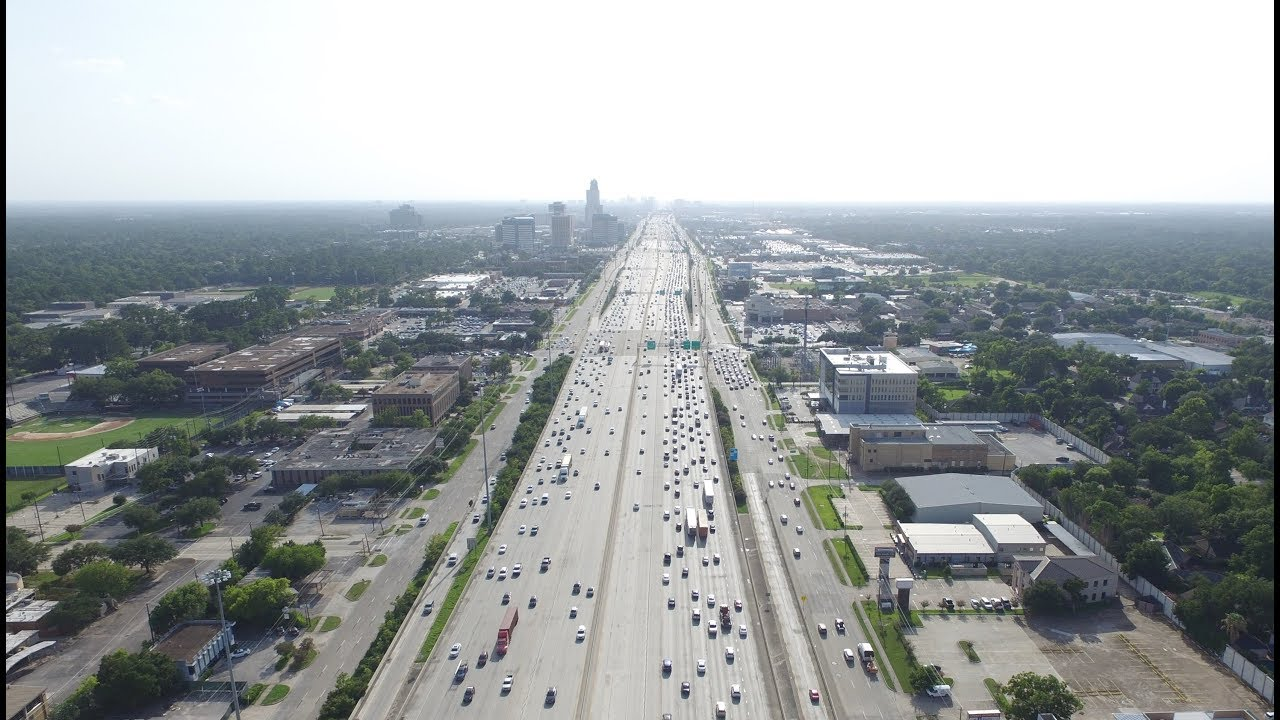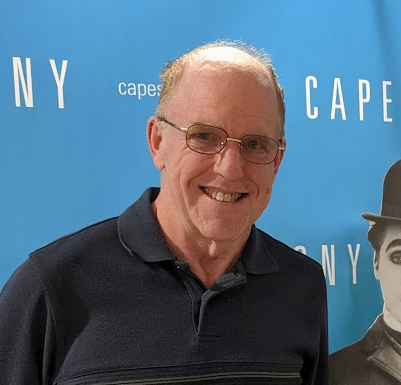For critics of widening projects, the prime example of induced demand is the Katy Freeway in Houston, one of the widest highways in the world with 26 lanes.
Immediately after Katy’s last expansion, in 2008, the project was hailed as a success. But within five years, peak hour travel times on the freeway were longer than before the expansion.
Matt Turner, an economics professor at Brown University and co-author of the 2009 study on congestion, said adding lanes is a fine solution if the goal is to get more cars on the road. But most highway expansion projects, including those in progress in Texas, cite reducing traffic as a primary goal.
“If you keep adding lanes because you want to reduce traffic congestion, you have to be really determined not to learn from history,” Dr. Turner said.
Just one more lane bro, I swear it’ll fix traffic. Just one more lane.
Just a little more trickle down bro, I promise once we privatize the next utility it will all work.
snorts asphalt
The fools, if they had made in 27 lanes they would have been fine!
But think of the alternative. In Japan the trains arrive every 10 minutes are publicity subsidized so cost is minimal and because of this there exists an entire generation of train nerds that just want to go out and photograph trains. Are you gonna let the nerds win?
For anyone wondering what that looks like-

Absolute insanity.
Where are the bridges? How do you walk from one side to the other?
Oh yeah, right, of course. But how do you even drive from one side to the other?
Walk? In Houston? Nope.
You don’t really… You exit and follow the service road until you find a way to get across, usually by going under.
I hate driving in Texas because this kind of shit is everywhere. Middle of nowhere and want to get to the rest area ahead? Exit and follow the service road for a mile.
I feel like Texas intentionally did that so that everything seems large af. If the exit road is long af then it must make you feel like the place is large when in reality it is just inefficient spaghetti
And yet we hear the argument that when it comes to cycle lanes the opposite is true, the more you add the less they are used.
Who knew that adding complexity to a system entirely reliant on millions of autonomous drivers who only communicate with each other through lights, horns, and middle fingers would slow things down.
Lived out there for a few years and i can tell you no one is communicating through the lights on their cars.
Why, oh why didn’t they build 27 lanes?!?
99% of urban planners stop just one lane short of permanently solving traffic for good.
This is because the extra lane allows demand to change. It is not congested so people feel ok building and moving to further out suburbs. This continues until demand has increased to cause delays.
Note that Houston and Paris have about the same population. Paris is 1/3 the size. They are actually removing a lane from their loop highway and planting trees, and turning another lane into busses only. Only considering transportation, I would much rather live in Paris.
If you also consider the weather and politics, I would still much rather live in Paris.
Food and culture, also Paris
Houston has fantastic food. I will die on that hill.
I’ll die on that hill with you. Most likely from self-induced health problems from loving the good food here too much, but for all the crap that we deal with the good food is a plus.
Yup. Been plenty of studies to show that increasing lanes only alleviates traffic in the short term and long term only makes it worse. Better to spend money on trains and busses that actually work and get people where they need to go with minimal hassle and a reasonable cost than to do this crap.
trains and busses that actually work and get people where they need to go with minimal hassle and a reasonable cost
Trains predate cars and busses have always been with us since the car. People have voted – with their cars.
The Interstate Highway System started in the 1950s. Population has more than doubled since then. Of course, we have more traffic, we have more people!
The auto industry lobbied to kill public transportation back in the day to sell more cars. For a recent example see Ellen Musk and the Hyper Loop.






